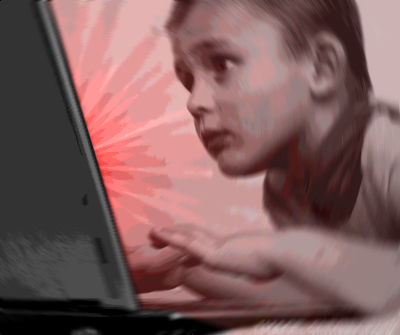New goals for abuse AI
 New software is being rolled out to protect professional athletes from social media abuse.
New software is being rolled out to protect professional athletes from social media abuse.
British tech company GoBubble Community has partnered with Australia's A-Leagues and Professional Footballers Australia, the players’ union, to introduce an automated filter running on the accounts of every single player and club in both the men’s and women’s competitions.
The software uses machine-learning to stop any abusive comments from being seen by the players they are directed towards.
The AI approach can scan, store, and remember words, phrases, symbols, images and even uses of emojis that are considered offensive.
It automatically blocks and reports any offensive messages before the person behind the account sees them, and keeps their followers from seeing them too.
The comments will still be delivered and visible to the followers of the commenter, meaning freedom of speech is maintained, but the broader visibility of the comment is dramatically reduced.
GoBubble claims the system works with 99 per cent efficiency.
The sporting leagues say GoBubble’s technology is the best way to protect players and athletes in the absence of any effort from social media companies themselves.
It has been tested on the Twitter profiles of Adelaide United, Melbourne Victory and Central Coast Mariners, which were involved in a men’s and women’s ‘Pride Cup’ double-header at Coopers Stadium.
Rival codes including the AFL, NRL, rugby, cricket and netball are expected to be paying close attention. All these groups signed a statement with the eSafety Commissioner in November that pledged to fight back against online abuse.
“These days we often find the cheapest seats in the house are behind a keyboard, with players being subjected to terrible online abuse in the course of doing their jobs,” eSafety Commissioner Julie Inman Grant says.
“I think it’s great to see the A-Leagues and PFA making good on this pledge and taking a proactive approach to protecting their athletes. eSafety will continue pushing the major tech companies ... so that sporting organisations don’t need to take matters into their own hands to keep their players safe on these platforms.”







 Print
Print